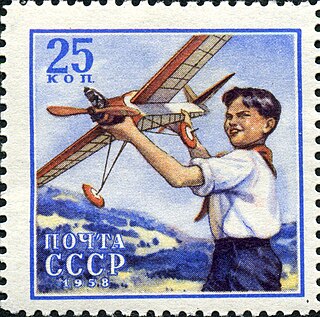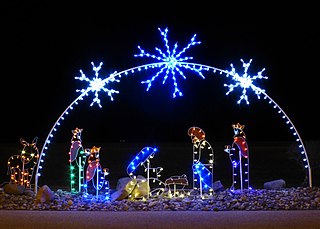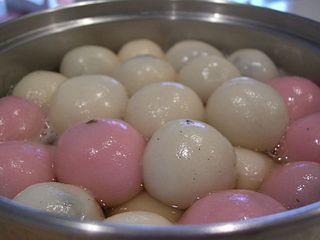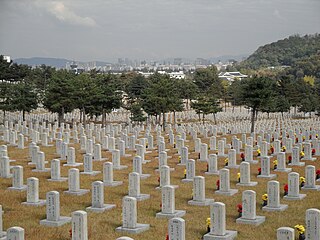 W
WBuddha's Birthday is a Buddhist festival that is celebrated in most of East Asia and South Asia commemorating the birth of the Prince Siddhartha Gautama, later the Gautama Buddha, who was the founder of Buddhism. According to Buddhist tradition, Gautama Buddha was born c. 563–483 BCE in Lumbini.
 W
WChildren's Day is a commemorative date celebrated annually in honor of children, whose date of observance varies by country. In 1925, International Children's Day was first proclaimed in Geneva during the World Conference on Child Welfare. Since 1950, it is celebrated on 1 June in most Communist and post-Communist countries. World Children's Day is celebrated on 20th of November to commemorate the Declaration of the Rights of the Child by the UN General Assembly on 20 November 1959. In some countries, it is Children's Week and not Children's Day.
 W
WChristmas is an annual festival commemorating the birth of Jesus Christ, observed primarily on December 25 as a religious and cultural celebration by billions of people around the world. A feast central to the Christian liturgical year, it is preceded by the season of Advent or the Nativity Fast and initiates the season of Christmastide, which historically in the West lasts twelve days and culminates on Twelfth Night. Christmas Day is a public holiday in many countries, is celebrated religiously by a majority of Christians, as well as culturally by many non-Christians, and forms an integral part of the holiday season organized around it.
 W
WThe Dōngzhì Festival or Winter Solstice Festival is one of the most important Chinese festivals celebrated by the Chinese, Taiwanese, Japanese, Koreans, and Vietnamese during the Dongzhi solar term, some day between December 21 to December 23.
 W
WThe Korean Alphabet Day, known as Hangeul Day (한글날) in South Korea, and Chosŏn'gŭl Day in North Korea, is a national Korean commemorative day marking the invention and the proclamation of Hangul, the alphabet of the Korean language, by the 15th-century Korean monarch Sejong the Great. It is observed on October 9 in South Korea and on January 15 in North Korea. Excluding the years 1990 to 2012, when the government maximized business days to expedite industrial growth, Hangul day has been a national holiday in South Korea since 1970.
 W
WMemorial Day or Hyunchungil(Korean:현충일, Hanja:顯忠日) is a South Korean public holiday on June 6th that commemorates all the Korean men and women who have died during military service. In particular, the Battle of Bongoh Town, Battle of Cheongsan-ri, Korean War and the Vietnam War are remembered on this day.
 W
WThe National Liberation Day of Korea is a holiday celebrated annually on 15 August in both South and North Korea. It commemorates Victory over Japan Day, when the United States and the Allies liberated Korea from 35 years of Japanese colonial rule.